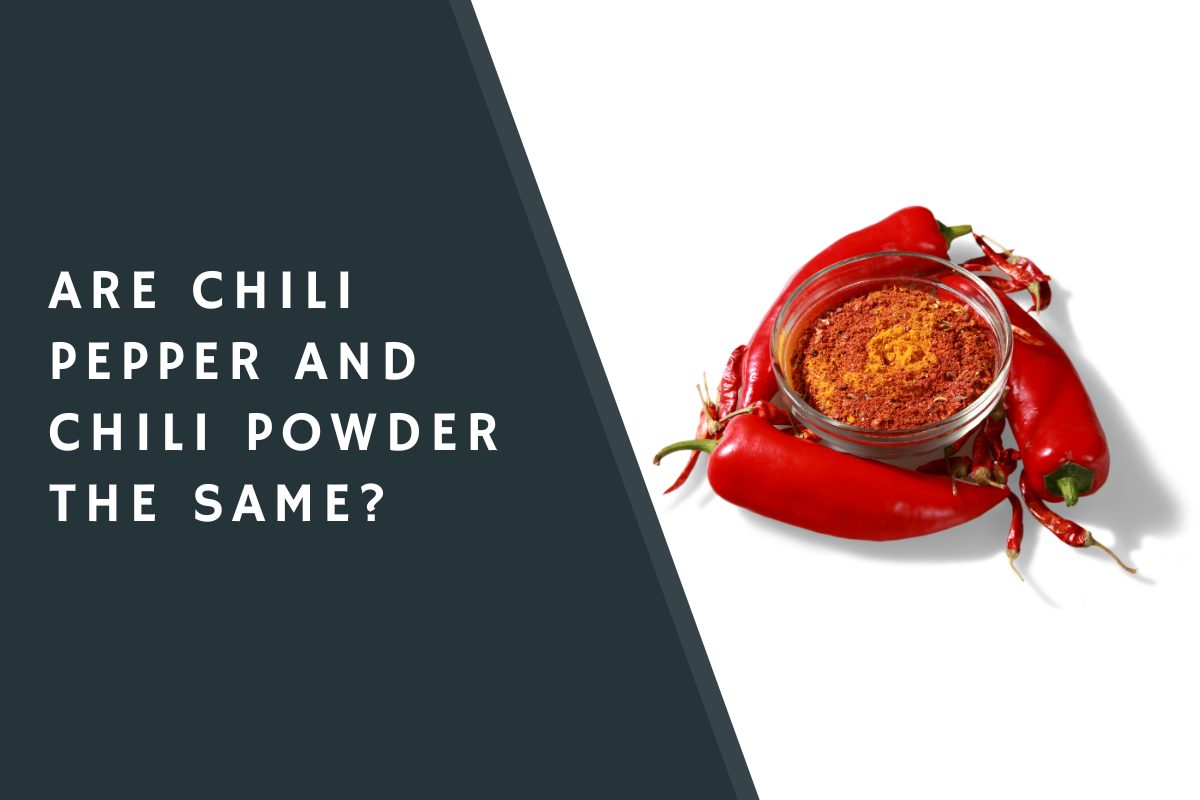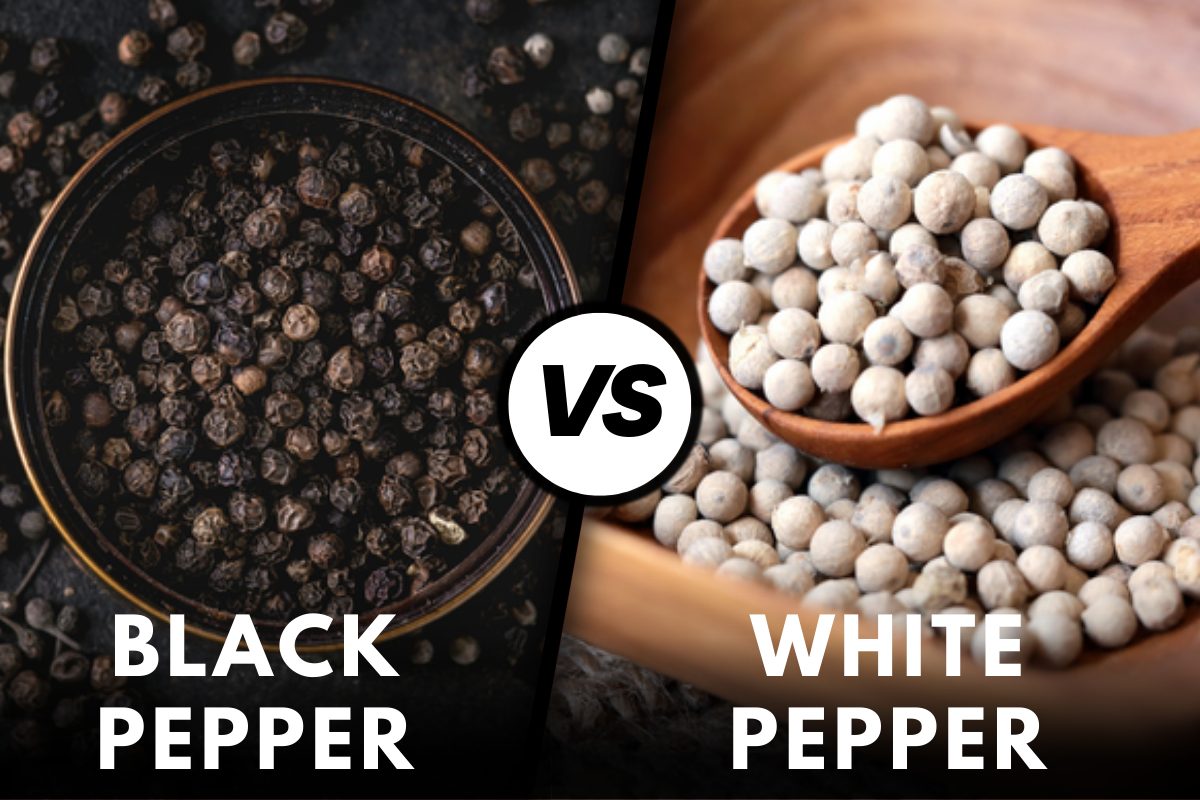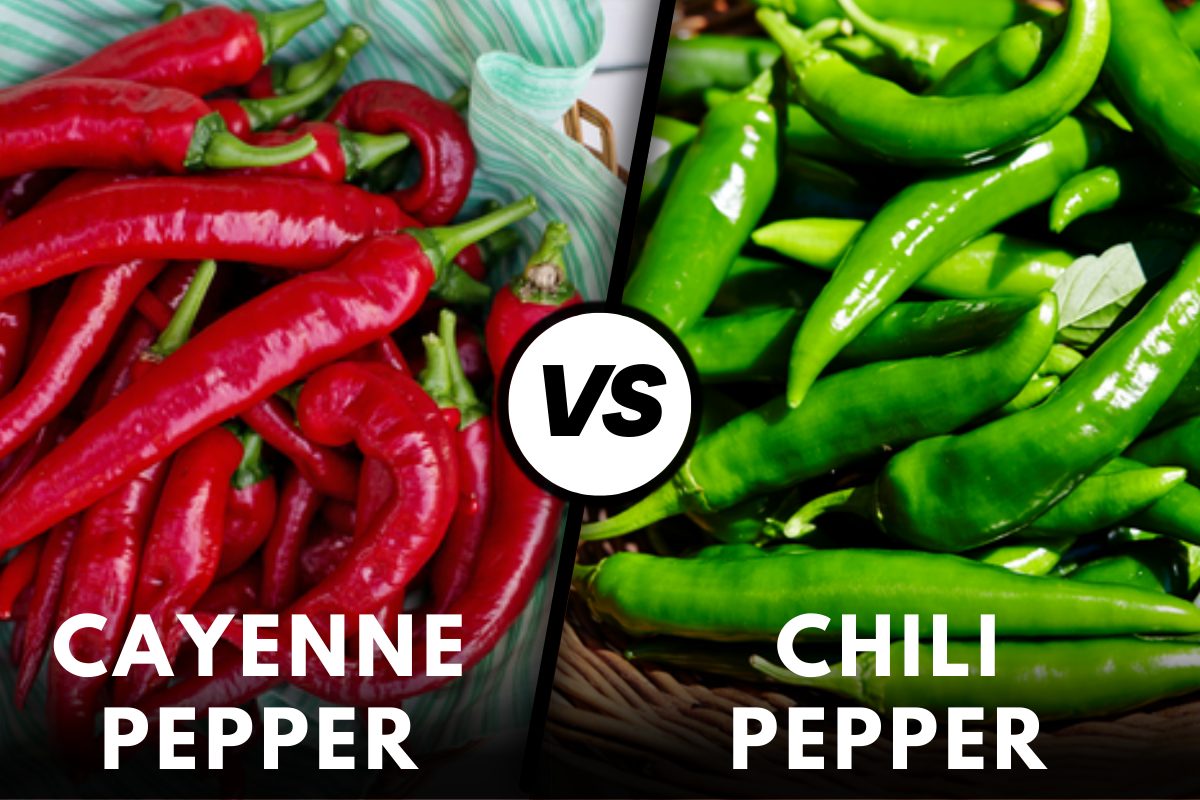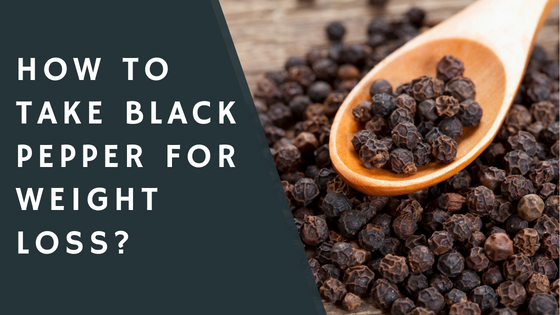Have you ever wondered why that tiny pinch of black pepper can bring a wave of heat to your tongue? It’s a mystery that has puzzled chefs and foodies alike for generations, but the answer may surprise you!
Why Is Black Pepper Spicy?
Black pepper is spicy because it contains high levels of a compound called piperine. Piperine is responsible for the hot, spicy flavor of black pepper and it is also responsible for its digestive properties.
In this article, we will explore the science behind the spiciness of black pepper and some of the ways it is used in cooking.
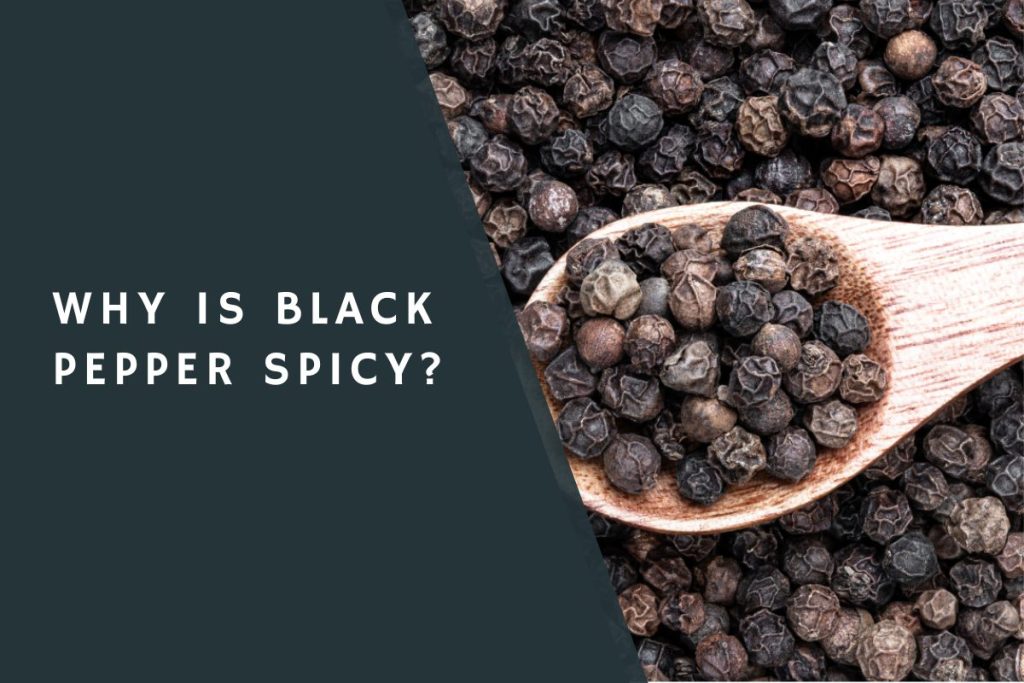
See Also: Do Black Pepper Have Salt in It?
What Gives Black Pepper Its Spicy Flavor?
The spiciness of black pepper is due to a group of compounds called piperine and chavicine.
These compounds are found in the outer layer of the black pepper berry, which is what gives the pepper its characteristic flavor and heat.
Piperine is the primary compound responsible for the spiciness of black pepper, and it is also what gives the pepper its unique taste and aroma.
Chavicine, on the other hand, is a lesser-known compound that is also present in black pepper and contributes to its spicy flavor.
Piperine and chavicine work by activating certain receptors in the mouth and on the tongue that are sensitive to heat and spicy flavors.
When these compounds come into contact with these receptors, they trigger a response that sends a signal to the brain, resulting in the perception of heat and spiciness.
The intensity of the spiciness of black pepper can vary depending on the concentration of piperine and chavicine present in the pepper, as well as the sensitivity of an individual’s taste buds.
Science of Spiciness
The spiciness of black pepper is just one example of how our brains perceive and interpret different flavors and sensations in food.
The sensation of spiciness is actually a complex process that involves the interaction of various chemical and neural pathways in the body.
One of the key players in the perception of spiciness is a group of proteins called transient receptor potential (TRP) channels.
These proteins are found on the surface of cells in various parts of the body, including the mouth and tongue.
Health Benefits of Black Pepper
In addition to its flavor, black pepper has a number of potential health benefits. Some of the potential benefits of black pepper include:
- Improved digestion: Black pepper has been shown to stimulate the production of hydrochloric acid in the stomach, which can help with digestion.
- Anti-inflammatory effects: Some research suggests that black pepper may have anti-inflammatory properties, which may be beneficial for people with certain health conditions such as arthritis.
- Antioxidant properties: Black pepper contains antioxidants, which may help to protect cells in the body from damage caused by free radicals. Free radicals are unstable molecules that can damage cells and contribute to the development of certain diseases, such as cancer and heart disease.
- Improved nutrient absorption: Black pepper may also help to improve the absorption of certain nutrients, such as selenium and beta-carotene.
- Weight loss: Some research suggests that black pepper may have the ability to boost metabolism and help with weight loss.
It’s important to note that while these potential health benefits are promising, more research is needed to fully understand the extent of their effects.
How to Use Black Pepper in Cooking?
Black pepper is a versatile spice that can be used in a variety of dishes. Some common ways to use black pepper in cooking include:
- Grinding whole peppercorns: Black pepper can be ground using a pepper grinder or a mortar and pestle. Grinding whole peppercorns allows you to control the coarseness of the pepper and ensures that you get the full flavor of the spice.
- Adding to spice mixes: Black pepper can be added to a variety of spice mixes, such as barbecue rubs, Indian masalas, and Italian seasoning blends.
- Using in marinades: Black pepper can be used in marinades to add flavor and heat to grilled or roasted meats.
- Sprinkling on top of finished dishes: Black pepper can be used as a finishing touch for dishes like salads, eggs, and pasta.
- Adding to soups and stews: Black pepper can be added to soups and stews to give them a spicy kick.
Conclusion
In conclusion, black pepper is a spicy and flavorful spice that has a number of potential health benefits.
Its spiciness is due to the presence of piperine and chavicine, which activate certain receptors in the mouth and on the tongue.
Black pepper can be used in a variety of dishes and is a versatile spice that adds flavor and heat to many types of cuisine.
Read Also: How to Crack Black Pepper?
I am an accomplished tech writer with a passion for simplifying complex technology concepts. With a background in Tech, James has dedicated their career to making the intricacies of the digital world accessible to a broad audience.



